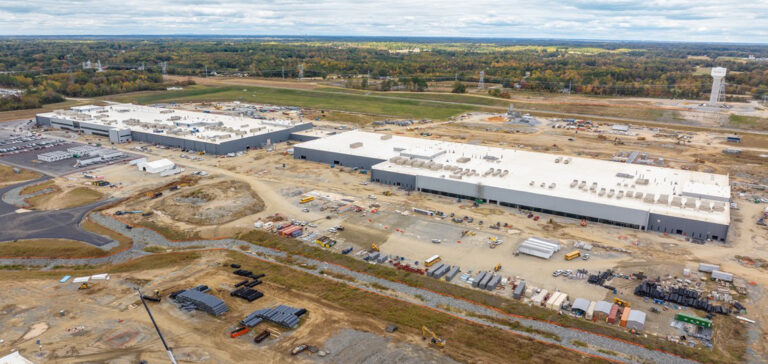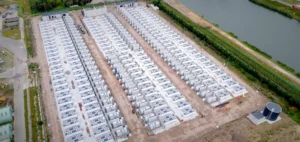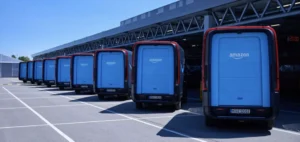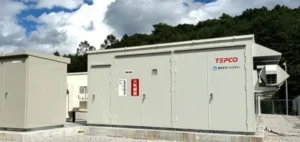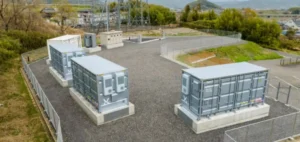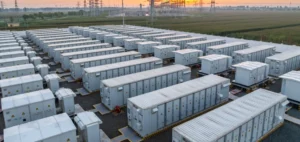Toyota, the Japanese automotive giant, recently confirmed a massive additional $8 billion investment in its battery plant under construction in North Carolina, USA. This announcement brings the total amount invested in the site to nearly $14 billion, a compelling demonstration of Toyota’s commitment to fleet electrification and CO2 emissions reduction.
History of the Factory in North Carolina
The project, dubbed “Toyota Battery Manufacturing – North Carolina” (TBMNC), began in 2021 when Toyota chose the town of Greensboro, North Carolina, as the location for its battery plant. At the time, the initial investment was $1.29 billion, with the creation of 1,750 jobs. Since then, Toyota has steadily increased its investment in the site, now standing at around $13.9 billion and creating over 5,000 jobs.
Production Capacity Expansion
Toyota’s aim is to boost its battery production capacity for electric and hybrid vehicles. At present, the site has two battery production lines for electric vehicles, to which eight new lines will be added. In addition, four battery lines for hybrid vehicles were already included in the initial project.
Commitment to Electrification
The site, which covers an area equivalent to 121 soccer pitches, plans to gradually increase production until 2030. Eventually, it will be capable of producing 30 GWh of batteries a year, making a significant contribution to the expansion of the electric vehicle market.
Toyota in the Electric Vehicle Market
Toyota North Carolina President Sean Suggs emphasized that this investment not only reinforces the company’s commitment to electrification, but also its contribution to job creation and economic growth in the region.
Toyota, famous for having pioneered hybrid vehicles with its Prius model, had long hesitated to enter the 100% electric vehicle market. However, in 2021, the company announced its intention to launch fifteen all-electric models by 2025, marking a major turning point in its strategy.
The announcement of an additional $8 billion investment in the battery plant in North Carolina demonstrates Toyota’s firm commitment to electrification and the reduction of CO2 emissions. This will help boost the electric vehicle industry and create new economic opportunities in the region. The company, famous for its hybrid vehicles, is firmly committed to the transition to 100% electric vehicles, with ambitious plans for the coming years.


